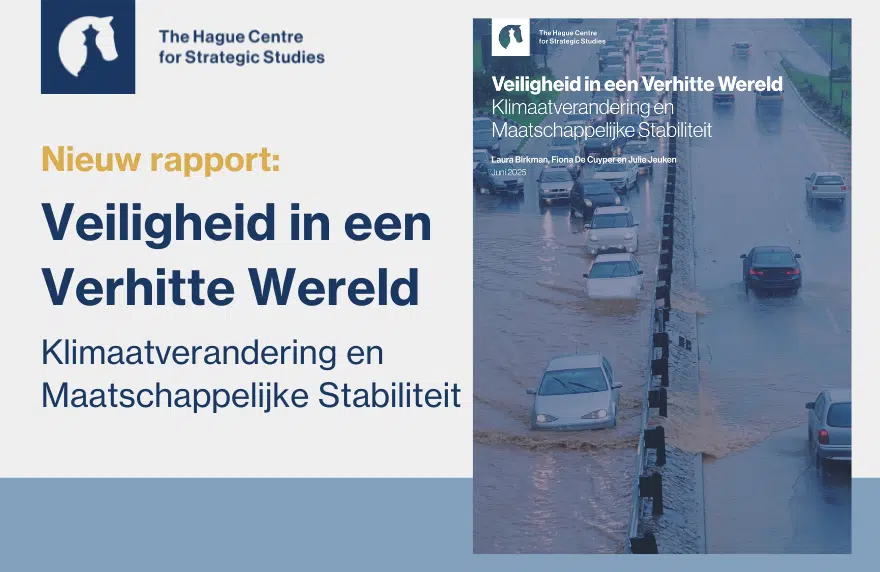“The world is badly under-prepared for even modest biological threats, leaving us vulnerable to potentially huge impacts on individual lives, societal well-being, economic activity and national security. Revolutionary new biotechnologies promise miraculous advances, but also create daunting challenges of oversight and control.” – World Economic Forum
De moordaanslag op Navalny, het meervoudige gebruik van chemische wapens in Syrië, de recentelijke brand in een Russisch biologisch lab – dergelijke incidenten zijn weliswaar onwaarschijnlijk, maar in potentie hebben ze een gigantische impact. Hoe goed is Nederland hierop voorbereid? In dit rapport analyseren Paul Sinning, Stephan de Spiegeleire en Frank Bekkers actuele biologische en chemische dreigingen en of de Nederlandse B/C-kennisinfrastructuur in het licht van deze dreigingen voldoet.
Het verleden toont aan dat zowel de chemische als de biologische dreiging reëel is. Daarnaast is er momenteel sprake van een aanzienlijke drempelverlaging op dit gebied: de technische en praktische waarschijnlijkheid van B/C-aanslagen is de laatste jaren alleen maar toegenomen.
De huidige kennis over B/C-strijdmiddelen en de organisatie hiervan kent diverse tekortkomingen. Gelukkig hebben er in Nederland nauwelijks noemenswaardige incidenten met B/C-middelen plaatsgevonden. De keerzijde hiervan is dat dit de Nederlandse casuïstiek weinig houvast biedt op de vraag of in Nederland sprake is van een acceptabel basisniveau van kennis en of deze kennis in de praktijk zijn waarde heeft bewezen.
Tegen deze achtergrond maakt het rapport de volgende aanbevelingen:
- Neem het thema ‘CBRN’ op in de nationale risicobeoordeling;
- Neem het thema ‘CBRN’ op in de nationale risicobeoordeling;
- Neem het thema ‘CBRN’ op in de nationale risicobeoordeling;
- Neem het thema ‘CBRN’ op in de nationale risicobeoordeling;
- Neem het thema ‘CBRN’ op in de nationale risicobeoordeling;
- Neem het thema ‘CBRN’ op in de nationale risicobeoordeling;






